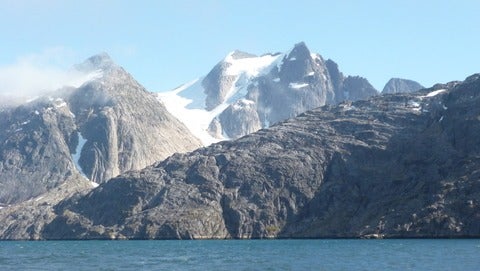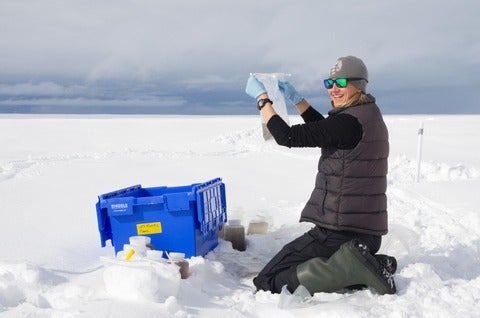The world’s oldest crater from a meteorite isn’t an impact crater after all
Several years after scientists discovered what was considered the oldest crater a meteorite made on the planet, another team found it’s actually the result of normal geological processes.



